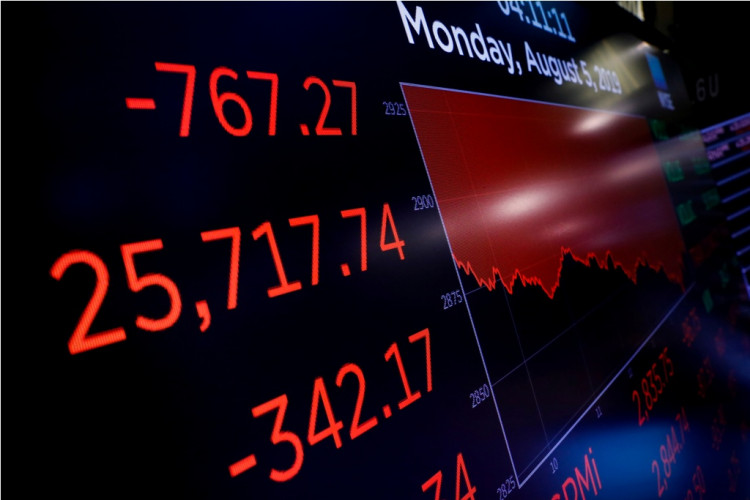The stock market experienced a significant downturn on Tuesday, with the Dow Jones Industrial Average plummeting over 500 points, marking one of its steepest declines since March 2023. This sell-off was spurred by unexpectedly high inflation data for January, which has cast doubts on the anticipated series of Federal Reserve rate cuts that many investors had been banking on to bolster the equity market.
January's Consumer Price Index (CPI) revealed a 0.3% increase from the previous month and a 3.1% rise on an annual basis, surpassing economists' predictions of a 0.2% monthly and 2.9% yearly increase. The core CPI, which excludes the more volatile food and energy sectors, also exceeded expectations, rising 0.4% month over month and 3.9% year over year against the forecasted 0.3% and 3.7%, respectively.
This inflation data has led to a recalibration of expectations regarding the Federal Reserve's monetary policy. "With this new data, a first cut in June seems like the most reasonable expectation unless we see a very quick, severe drop in labor market activity or a geopolitical shock," said Greg Wilensky, head of US fixed income at Janus Henderson Investors.
The inflation report's impact extended to the bond market, with yields on the 10-year Treasury note climbing to 4.27%. This rise in yields reflects growing investor apprehension that the Fed may not lower interest rates as soon or as aggressively as previously hoped, challenging the stock market's recent rally.
Tech giants like Microsoft and Amazon, which have been at the forefront of the market's ascent to record highs, were among the hardest hit in Tuesday's trading, with both stocks experiencing significant declines. This shift underscores the sensitivity of tech stocks to interest rate expectations and inflation concerns.
In corporate news, JetBlue Airways saw a notable surge in its stock price following activist investor Carl Icahn's disclosure of a nearly 10% stake in the airline. Conversely, Hasbro and Avis Budget Group faced downturns, with the former missing fourth-quarter expectations and the latter reporting disappointing revenue figures.
As the market grapples with the implications of the latest inflation data, investors are closely monitoring the Federal Reserve's next moves. The central bank's approach to interest rates in the coming months will be pivotal in shaping the market's trajectory, with many hoping for a balance that supports continued economic growth without exacerbating inflationary pressures.





